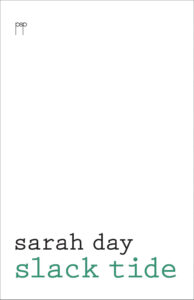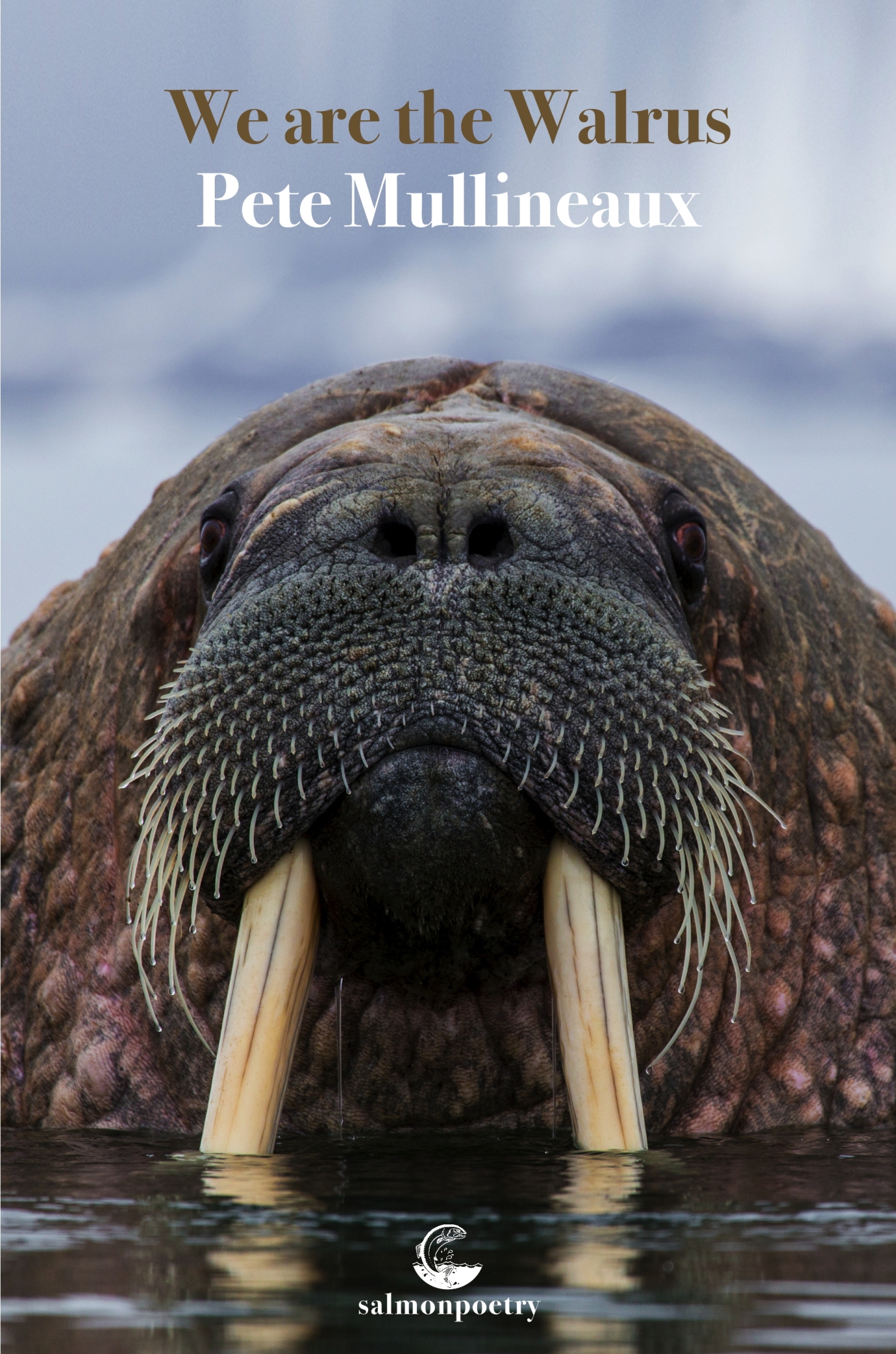 “I’m more invigorated artistically now than I have been for decades,” says author David Dvorkin in his soft, lilting English accent. We’re sitting in a quaint coffee shop discussing his new novel, Cage of Bone. The novel, he explains, is a crime thriller with telepathy, psychological components and a science fiction twist.
“I’m more invigorated artistically now than I have been for decades,” says author David Dvorkin in his soft, lilting English accent. We’re sitting in a quaint coffee shop discussing his new novel, Cage of Bone. The novel, he explains, is a crime thriller with telepathy, psychological components and a science fiction twist.
A review of Helens: Not Necessarily About Sex by by Matthew Louis Kalash
 This is writing, literary fiction, at its most realized potential. In the title story, ‘Helens,’ an academic (no doubt a même of the author himself), who is a college history instructor, sets the stage by discussing, at fascinating length, the Trojan War. Paris and Menelaus and Helen.
This is writing, literary fiction, at its most realized potential. In the title story, ‘Helens,’ an academic (no doubt a même of the author himself), who is a college history instructor, sets the stage by discussing, at fascinating length, the Trojan War. Paris and Menelaus and Helen.
A review of Slack Tide by Sarah Day
 Day observes the world, finds connections between things, explores invisible currents that influence life like environmental issues, the social, and the geo-political. Many of her poems highlight the incongruences that we face each day like observing the beauty of our planet and at the same time its destruction.
Day observes the world, finds connections between things, explores invisible currents that influence life like environmental issues, the social, and the geo-political. Many of her poems highlight the incongruences that we face each day like observing the beauty of our planet and at the same time its destruction.
A review of Good Housekeeping by Bruce E. Whitacre
 The “message” in these urgently tangible sensations – touch, sound, sight, smell – is conveyed in the titles of several of Whitacre’s concluding poems, “At the End of the Day,” Just Be,” and “Remember to Live.” It’s the same insistence Mary Oliver memorably emphasizes when she writes about this “one wild and precious life” that we live.
The “message” in these urgently tangible sensations – touch, sound, sight, smell – is conveyed in the titles of several of Whitacre’s concluding poems, “At the End of the Day,” Just Be,” and “Remember to Live.” It’s the same insistence Mary Oliver memorably emphasizes when she writes about this “one wild and precious life” that we live.
A review of Open Throat by Henry Hoke

At times Dracula, Thelma & Louise, and Nightcrawler, Open Throat is a captivating exploration of queer longing and kinship that is simultaneously an ode to the wild and to the humanity that, particularly in Los Angeles, can be so quickly glossed over in favor of the superficial.
A review of Ghost Poetry by Robbie Coburn
 Ghost Poetry is a poetry collection that converts anguish and sadness into a creative power. There is suffering throughout the book, but the strength that underpins the pain is unmistakable, like a wild horse “burning unbridled inside the sky’s ceiling” exerting its will to live.
Ghost Poetry is a poetry collection that converts anguish and sadness into a creative power. There is suffering throughout the book, but the strength that underpins the pain is unmistakable, like a wild horse “burning unbridled inside the sky’s ceiling” exerting its will to live.
A review of We are the Walrus by Pete Mullineaux
 The poet aptly observes a ‘Bovine Heaven’. However, it also subtly indicates that such peaceful living is impossible for human beings, be it from a sociological or ecological perspective. It also sets off a train of thought where Earth is not left the same from one generation to the next.
The poet aptly observes a ‘Bovine Heaven’. However, it also subtly indicates that such peaceful living is impossible for human beings, be it from a sociological or ecological perspective. It also sets off a train of thought where Earth is not left the same from one generation to the next.
A review of The End of Good Intentions by David Borofka
 Set against the back drop of American culture and history from the 1970s, the age of politically progressive Protestantism, right up to contemporary times and the expansive hell right wing evangelicals want to make for us all. Letting readers draw their own conclusions, Borofka does this in deft strokes that never seem strident or extreme.
Set against the back drop of American culture and history from the 1970s, the age of politically progressive Protestantism, right up to contemporary times and the expansive hell right wing evangelicals want to make for us all. Letting readers draw their own conclusions, Borofka does this in deft strokes that never seem strident or extreme.
A review of Review of River City Fires by Derek Annis
 We’re not taken through the streets of this city as much as we are taken on a tour of language. These poems are driven by sound, and a tone that lulls us until images catch, tumble open, or almost combust. Pace and momentum shape the collection, delivering softly-stated violence often inflicted by the natural world upon itself. In Still Life with Razor Blade, we see “night cut evening’s /throat to let the dark out.”
We’re not taken through the streets of this city as much as we are taken on a tour of language. These poems are driven by sound, and a tone that lulls us until images catch, tumble open, or almost combust. Pace and momentum shape the collection, delivering softly-stated violence often inflicted by the natural world upon itself. In Still Life with Razor Blade, we see “night cut evening’s /throat to let the dark out.”
The Echoes of Dominus: Navigating Through the Poetic Journey of Tiffany Troy
 Troy surprises every time with her complex and introspective exploration of her inner thoughts and emotions, particularly in the context of relationships. In her poem “At my Trial,” she mentions an authoritative figure referred to as “Master.” This poem is divided into five sections, each revealing different aspects of the poet’s experiences and emotions.
Troy surprises every time with her complex and introspective exploration of her inner thoughts and emotions, particularly in the context of relationships. In her poem “At my Trial,” she mentions an authoritative figure referred to as “Master.” This poem is divided into five sections, each revealing different aspects of the poet’s experiences and emotions.